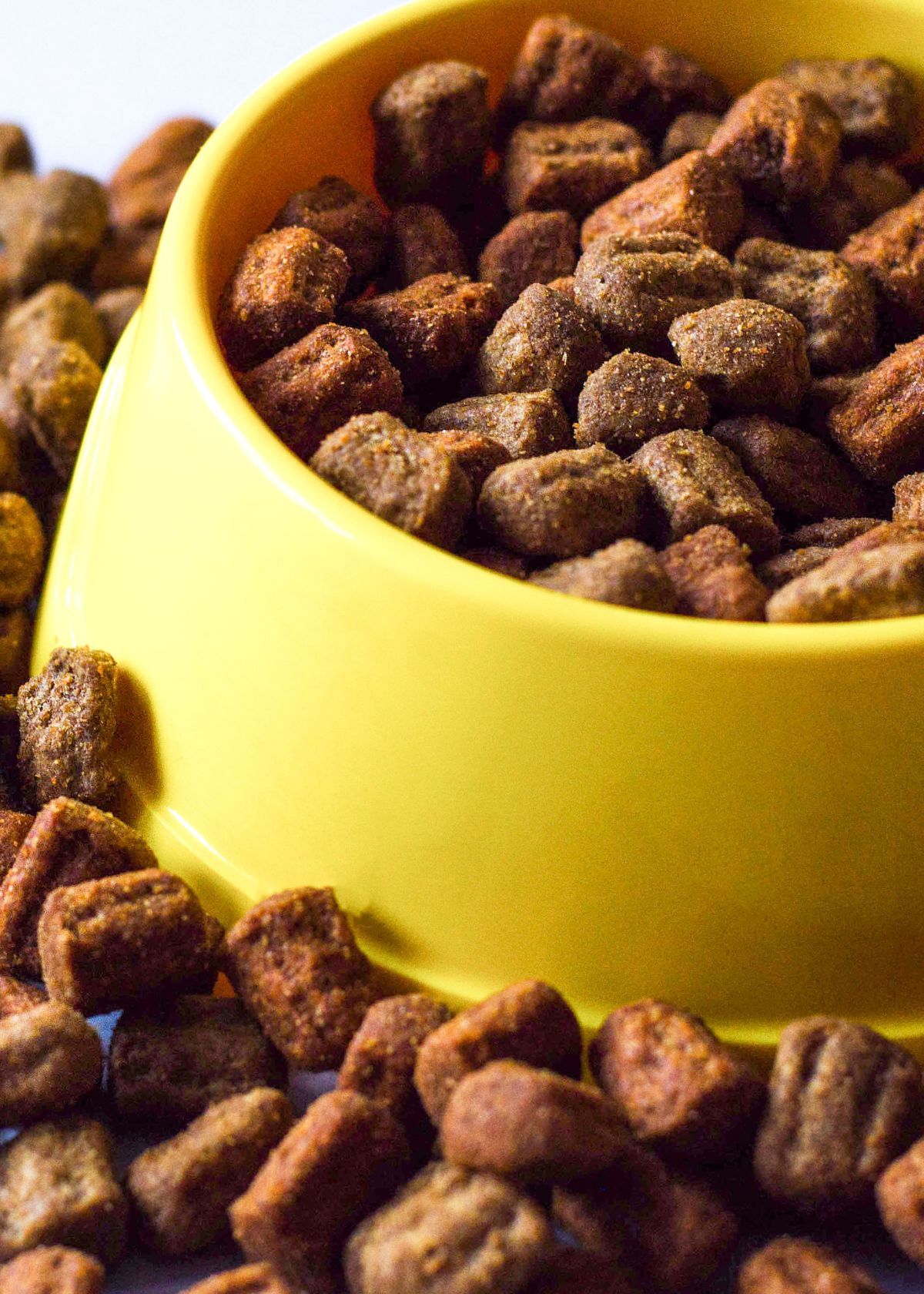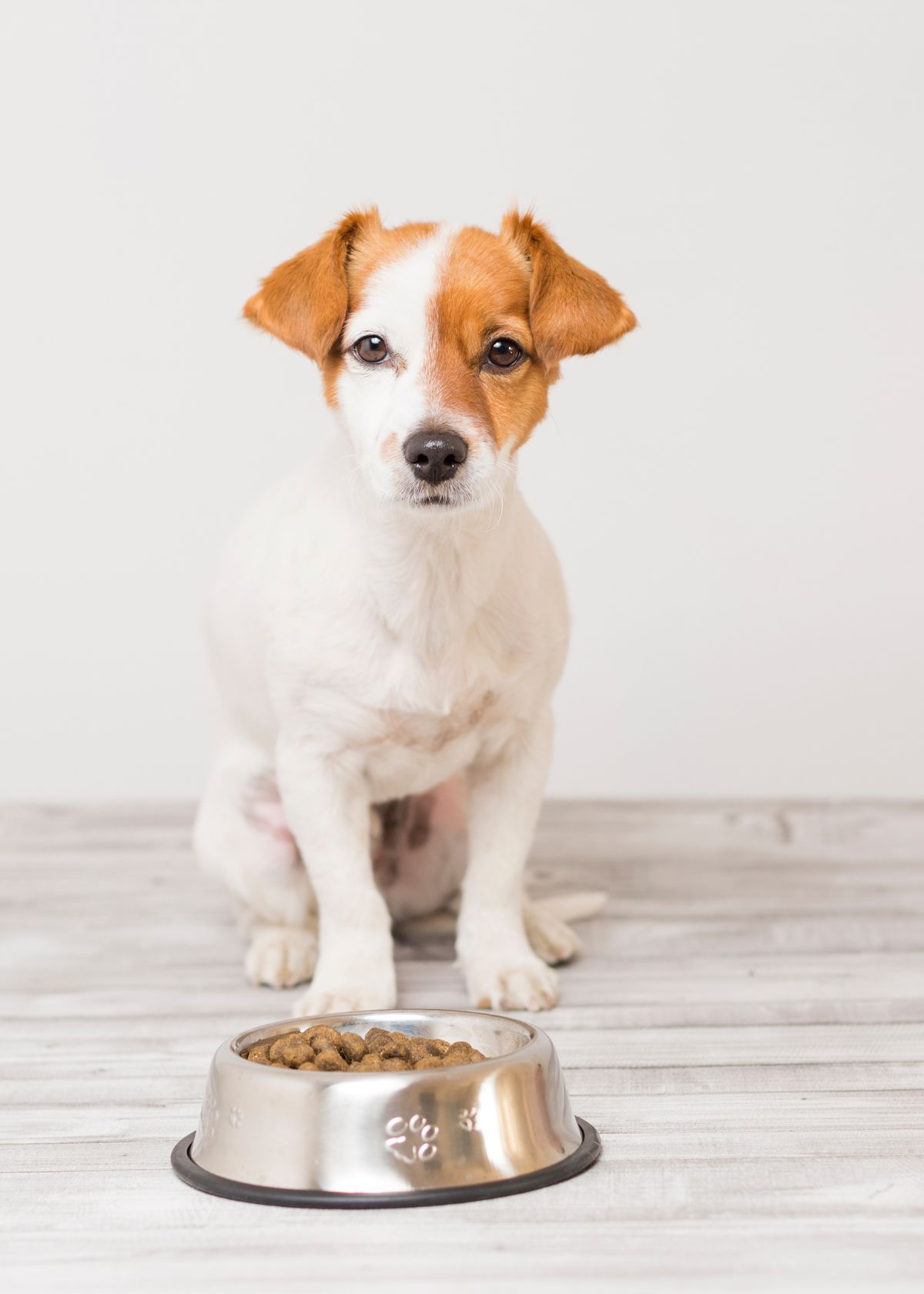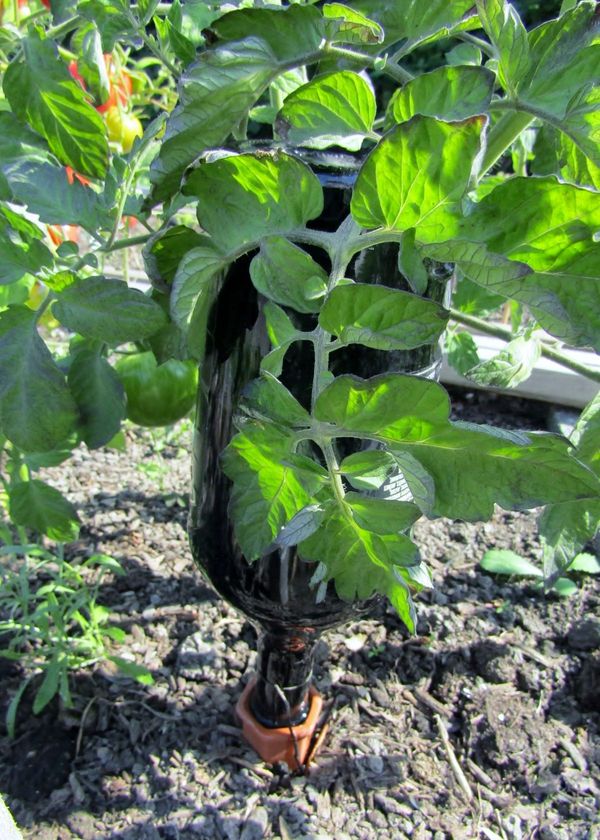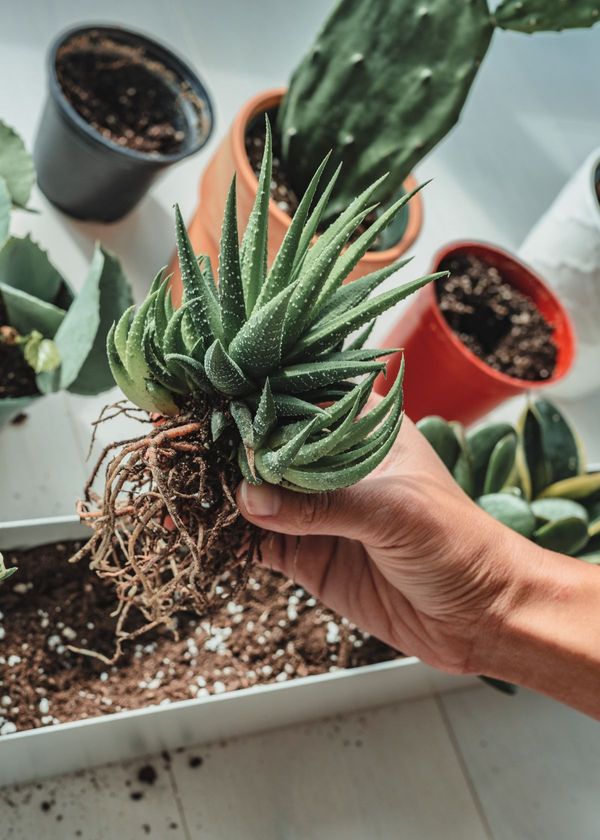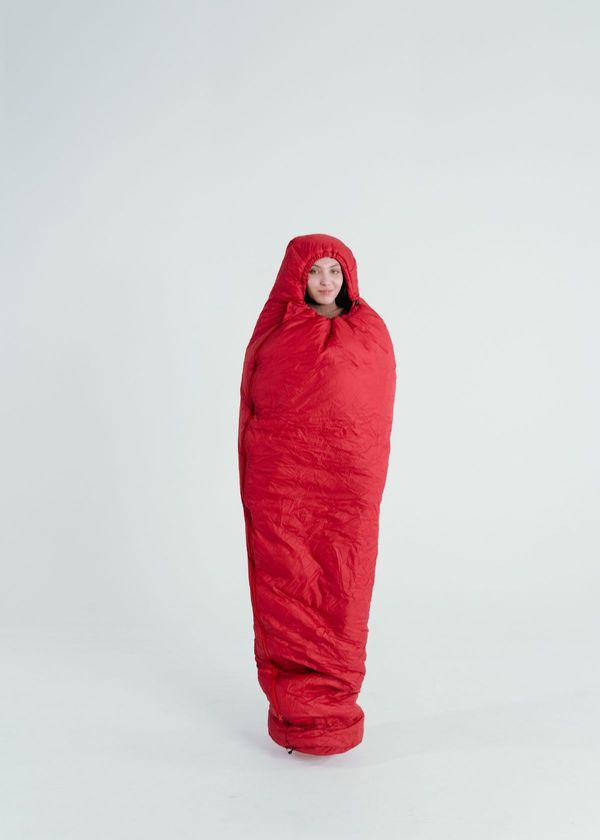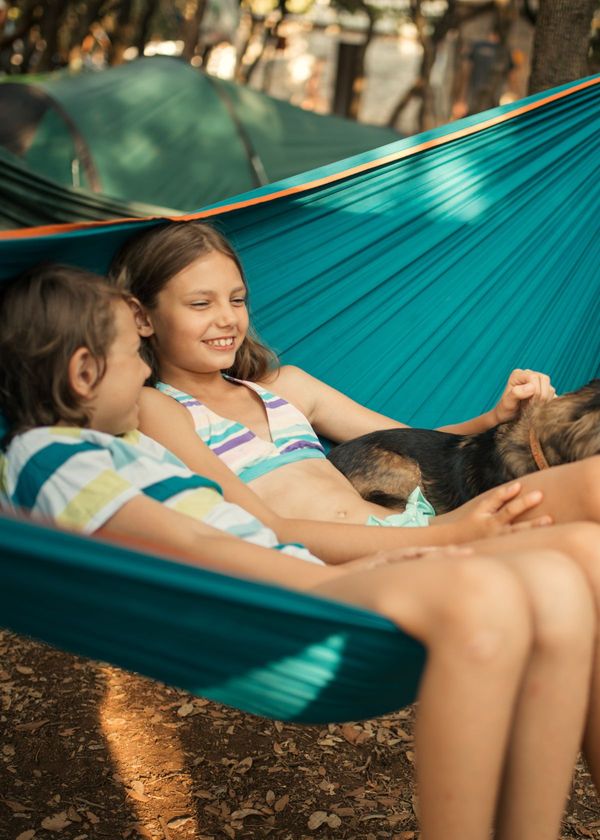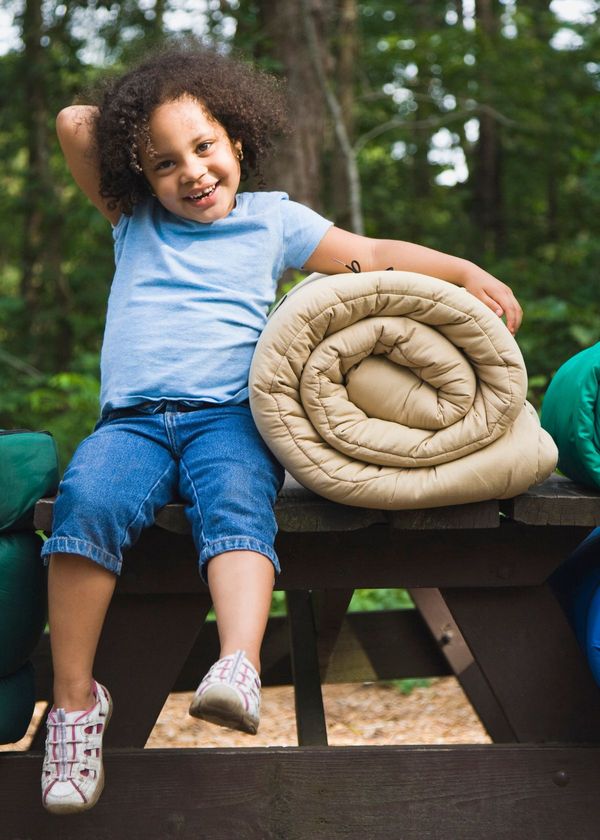How to make a slow feed dog bowl? Do you have a pet that loves to gobble up its food at lightning speeds? If so, it may be time to invest in a slow feed dog bowl. Not only will this help your four-legged friend digest their meals better, but it'll also provide some much-needed entertainment between mealtimes!
In this blog post, we'll discuss how to make your slow feed dog bowl—so get ready for an educational and creative DIY project!
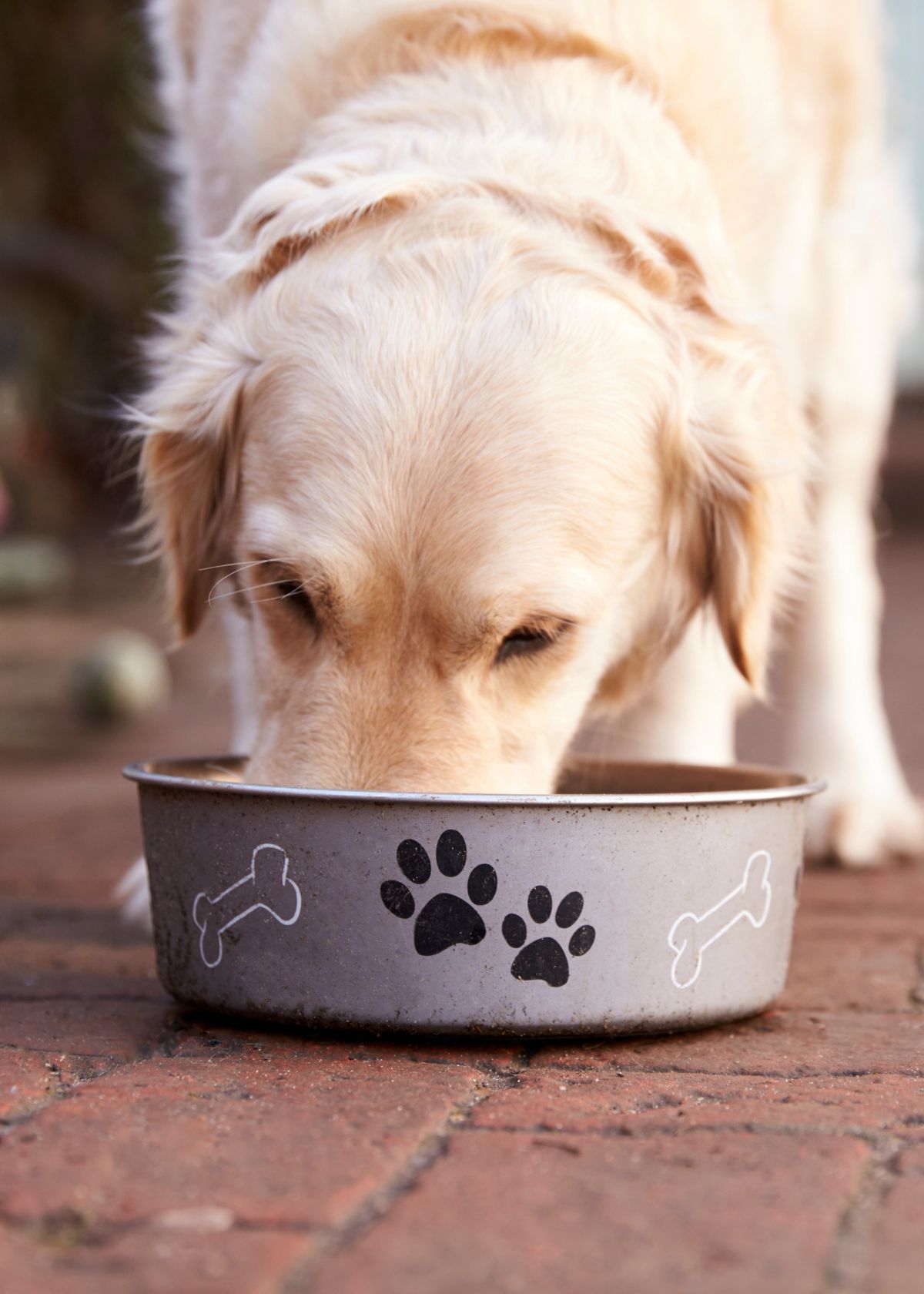
Tips to Make a Slow Feed Dog Bowl
How to make a slow feed dog bowl? Making a slow feed dog bowl is a great way to help your pet stay healthy and mentally stimulated. It can also help reduce the risk of bloat in large breeds and overeating. Here are some tips to make a slow feed dog bowl:
Select the Right Bowl
The size and shape of your dog's slow feed bowl will significantly impact how long it takes for your pup to eat its meal.
A circular bowl with raised edges can be beneficial as it encourages them to take smaller bites, but larger dogs may need deeper bowls that can hold more food. Experimenting with different bowls is essential until you find one that works well for your pet.
Add Obstacles to the Bowl
If you're looking for an even slower eating time, adding obstacles like plastic dividers or PVC pipes into the bowl can help make mealtime longer and more challenging.
Please ensure the obstacles are easy enough for your dog to maneuver around with their tongue but difficult enough to make them work for their food.
Use a Muffin Tin
A simple and effective way to slow your pup's eating is using a muffin tin lined with cupcake liners.
Separate portions of dog food into each liner and let your dog work on their meal one at a time - they'll have fun trying to get the kibble out of each pocket!
Seek Out Specialty Bowls
If you need more time or materials to create your slow feed bowl, plenty of specialty bowls are available online or in pet stores designed specifically for slow feeding.
These bowls often feature ridges, grooves, and other obstacles to help slow your pup's eating.
Reduce Portion Sizes
Another way to encourage slower eating is by reducing the portion size of each meal. Instead of feeding one large bowl of food, break it into several small meals throughout the day.
This can help prevent overeating and give your dog more time to enjoy its meal.
Make Mealtime a Game
If you want to make mealtimes more fun for your pup, try turning them into a game! Place smaller amounts of kibble around the bowl or in different areas of your house so they have to use their nose and search for each piece - this will also help with digestion as it gets them more active.
Reward Good Eating Habits
Lastly, ensure you reward your pup for taking the time to eat their food slowly and properly. Offering verbal encouragement or small treats throughout the meal will help encourage less-rushed eating and better digestion habits in the long run!
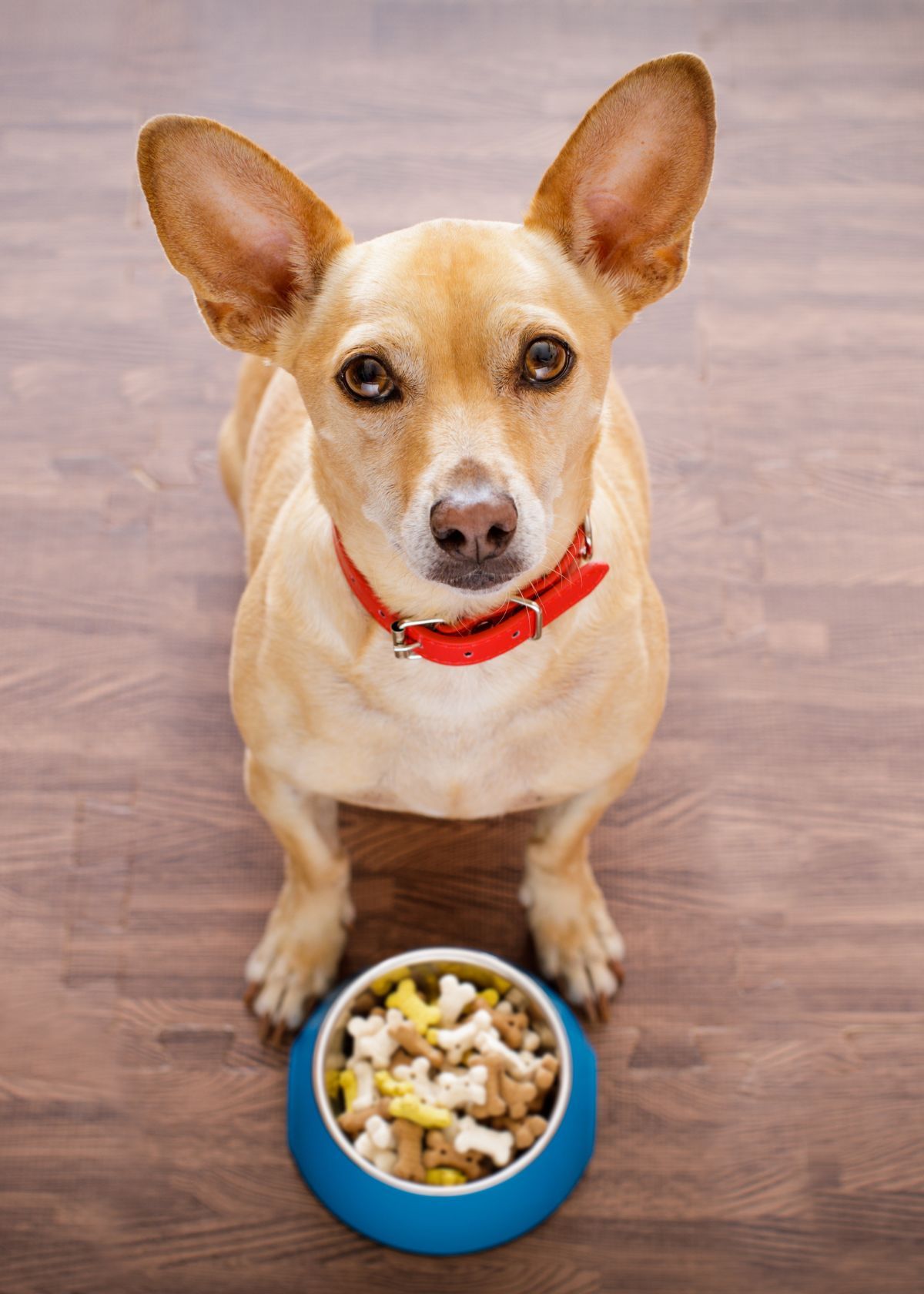
Are slow-eating bowls good for dogs?
The short answer is yes! Slow-eating bowls are designed to help regulate the amount of food your dog eats during mealtime and can be beneficial in various ways. Slowing down the process helps prevent overeating and encourages better digestion. Additionally, these bowls stimulate your pup mentally, as they must work harder to get their food.
Slow-eating bowls give you peace of mind knowing that your pet will only scarf down his meals quickly and with proper nutrition. Finally, by making mealtimes more enjoyable for both you and your dog, it can even increase bonding between you two!
Are slow water bowls good for dogs?
Slow water bowls, also known as no-drip water bowls, can benefit dogs. These bowls are designed to limit the water a dog drinks in one sitting and help keep them hydrated throughout the day. By restricting how quickly your pup can access its water, you can ensure they stay adequately hydrated throughout the day.
This helps prevent your pup from drinking too much at once and potentially getting sick from overconsumption. Slow water bowls can also reduce mess around the bowl - since your pup has less access to the liquid, they cannot make a huge mess while drinking!
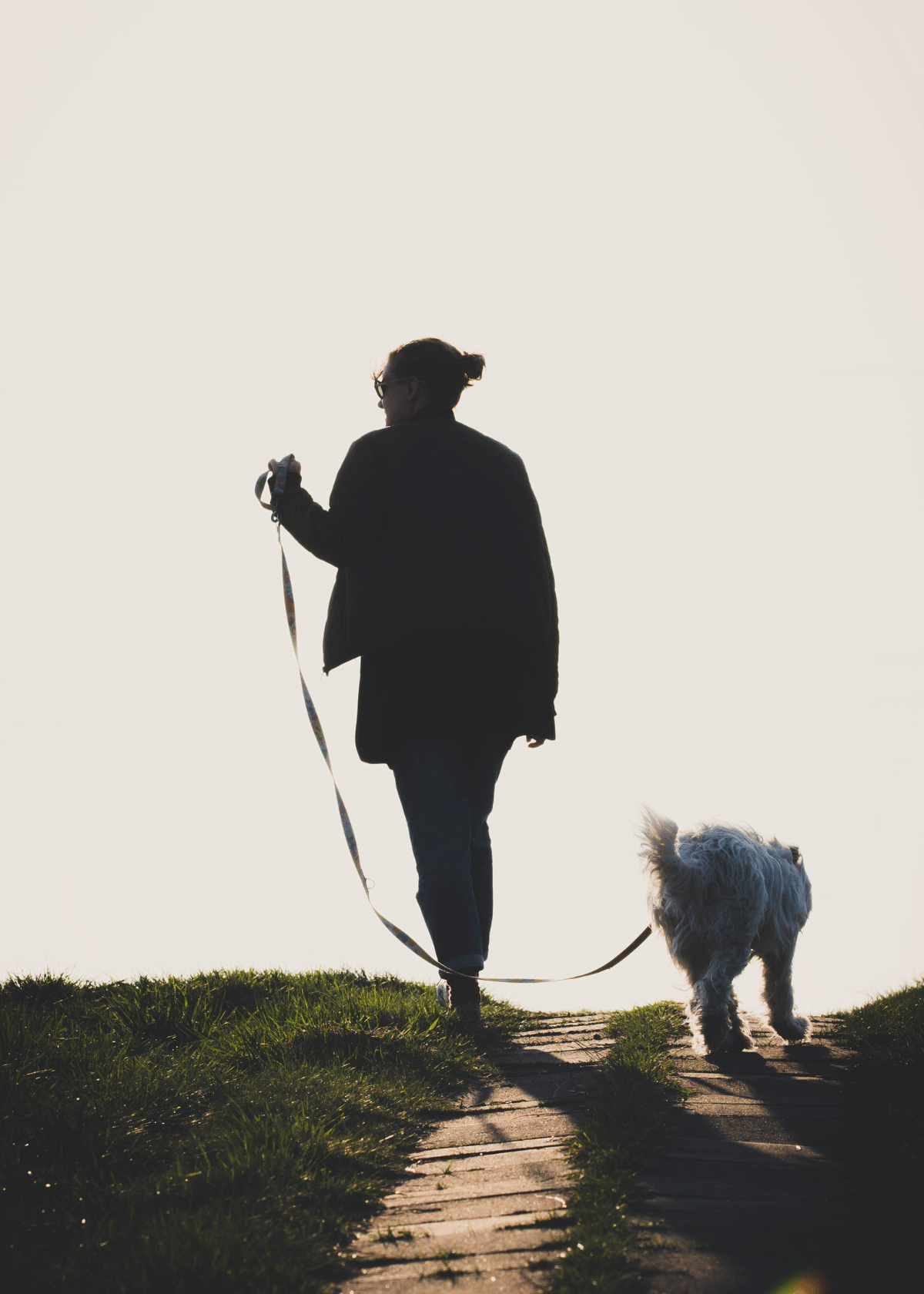
How can I make my dog eat slower?
Ensuring your dog eats its meals slowly is important to ensure proper digestion, reduce the risk of bloat, and prevent choking. Fortunately, there are several strategies you can employ to make sure your pup eats at a more manageable pace.
One way to slow your dog's eating is using a puzzle feeder. Puzzle feeders come in different shapes, sizes, and difficulties—allowing you to choose one that best suits your pup's challenge level. These toys require dogs to use their paws or nose to move food around or "unlock" hidden treats. This type of activity not only slows down their eating time but also provides mental stimulation for them!
Another option is to slow down mealtime by using a raised feeder. Elevated bowls help reduce the tension on your pup's joints as they eat and force them to eat more slowly since they have to lower their head more often.
Finally, you can try portion control. Dividing their daily meals into several smaller portions and spacing out their mealtimes throughout the day will naturally help your dog slow down while eating.
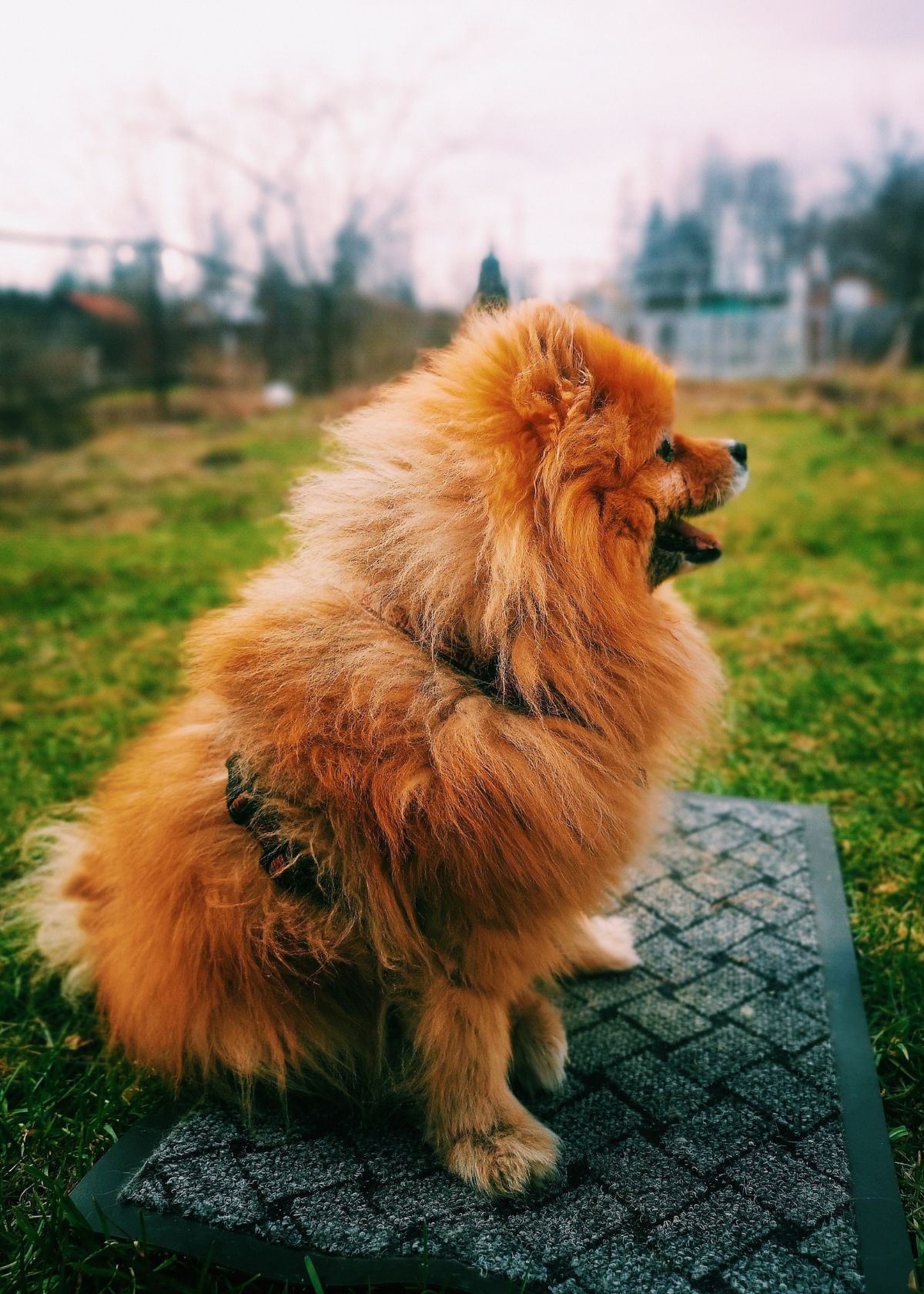
Conclusion
To conclude, constructing a slow-feeder dog bowl is an incredibly simple task. It just requires a few basic items from around the house and a bit of creativity. While not all dogs will be instantly enamored with their new toy, it's important to be patient and let them get used to it. After all, eating slowly can often feel like an unnatural endeavor for humans-- so why should dogs know any differently?
Even though it may take time, your pup will soon learn to eat slower to enjoy their food more, and you'll get the peace of mind of knowing that they're not overeating or gulping down chunks of kibble too quickly. So remember: grab your slotted spoon and a hot glue gun-- and let your creative spirit soar!
With this simple guide on how to make a slow-feeder dog bowl, we hope you successfully reduce your pup's eating anxiety--and see the results of longer meal times for days to come.
